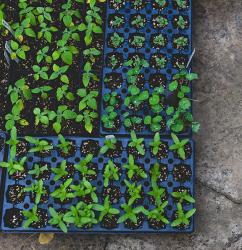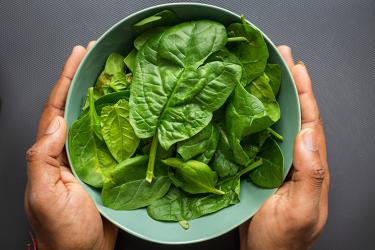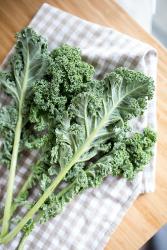Benefits Galore
“Gardening includes just the right mix of sun, fresh air, soil on our skin and fresh food to be great for well-being,” notes Dr. Tchiki Davis of the Berkeley Wellness Institute. “My absolute favorite way to reduce stress is to get in the garden. There is something about getting in the sun and fresh air, digging my hands in the dirt and creating something that feels really calming and grounding.”
According to both Webmd.com and The National Library of Medicine, regular gardening has shown to uplift mood, boost self-esteem, improve attention span and provide exercise for those who make it into a habit.
Major and Minor Improvements
One of the most notable (and scientifically trackable) ways gardening can help improve mood and mental wellness is through sun exposure, which provides vitamin D3. Vitamin D deficiency can lead to depression and seasonal affective disorder. Go outside and soak it all in! (Be sure to wear sunscreen, too!)
Pay Attention
Gardening has been shown to positively affect attention span, acting as a form of practice for focusing on what’s directly in front of you without getting distracted. Studies also show that outdoor activities that require this combination of physical and mental concentration can reduce symptoms of ADHD.
And with a more focused attention span comes a greater sense of calm. “Getting out in the garden can feel calming, almost like meditation, and may help boost mindfulness,” says Dr. Tchiki. “The repetitive motions of digging, weeding or harvesting may help frazzled thoughts mellow.”
Fruits of Your Labor
There’s nothing better than a little boost of self-esteem, which can come from successfully growing fruits and vegetables in a garden. Here are a few options that you can also incorporate into your diet!
• Dark, leafy greens such as spinach, kale and Swiss chard are rich in a wide variety of nutrients, including B vitamins and iron. According to findings by the National Library of Medicine, iron deficiency is linked to altered emotional behavior and anxiety, and incorporating plenty of iron and B vitamins in your diet can bolster energy production.
• Chia plants and seeds are not only known for being easy to grow and harvest, but they’re also packed with nutrients, most notably omega-3 fatty acids and magnesium. Magnesium is known as nature’s relaxant mineral and can help reduce stress and anxiety.
• Bell peppers are high in vitamin C. This can help neurotransmitter functions and improve cognition, which then leads to improved mood and reduced stress.
• Take a walk on the wild side by growing some blackberries! Blackberries grow extremely well in the Missouri climate. Blackberries are packed with vitamin C, fiber and magnesium.
Boosting mental health and wellness is different for everyone, but interacting with nature has continually shown to reduce stress and boost moods positively. If you find gardening outside doesn’t fit into your schedule, two ways you can still reap the benefits of gardening without devoting large amounts of time to the task.
• Gardening or walking under mature trees can lower stress hormones and blood pressure while boosting parasympathetic activities. Parasympathetic activity is the body’s calming mechanism and aids in rest and digestion.
• Indoor plants have many of the same positive effects on mood, especially aiding concentration, calm, self-esteem and attention span improvements. Start off small with something easy (such as the tried-and-true beginner’s favorite, pothos) and watch your efforts grow.

















